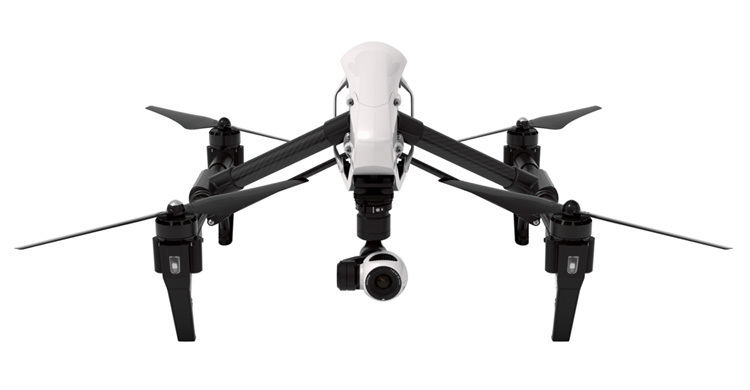Twitter envisions drones controlled by your tweets

A drone may one day deliver your selfies to Twitter.
The San Francisco-based company was granted a patent last week for an unmanned aerial vehicle, or UAV, that captures photos and videos that can then be shared through users` accounts on the microblogging network. The drone`s movements would be controlled by Twitter users` likes, tweets and replies, determining what images were recorded.
Twitter did not immediately respond to a request for comment, but a Twitter spokesperson replied to a CNBC request for comment with: "Two words: drone selfies."
Drones, most often camera-equipped quadcopters whose four computer-controlled rotors keep them aloft, are hot items as consumers snap them up and businesses put them to use. More than 400,000 drones are expected to be sold this holiday season, according to Michael Huerta, administrator with the Federal Aviation Administration.
Companies such as Amazon, Google and Walmart are also looking at the devices as a way to get a jump on the competition with speedy package delivery. Google has said it plans to begin drone deliveries by 2017, while Amazon last month Amazon showed off a sleeker, smarter prototype drone it hopes to use to deliver small packages to customers in less than 30 minutes. Following Amazon and Google`s lead, Walmart sought permission in October from the Federal Aviation Administration to test its own drones to deliver merchandise.
While the interest in drones has exploded during the past few years, the FAA has wrestled with how to regulate commercial drone use. The FAA in February proposed regulations that would allow drones to fly during daylight hours and within the operator`s line of site.
However, the rules, which are expected to take effect by mid-2016, don`t yet accommodate more radical drone ideas such has Twitter`s. Of course, there`s no guarantee Twitter will actually implement the technology described in the patent. -CNET


